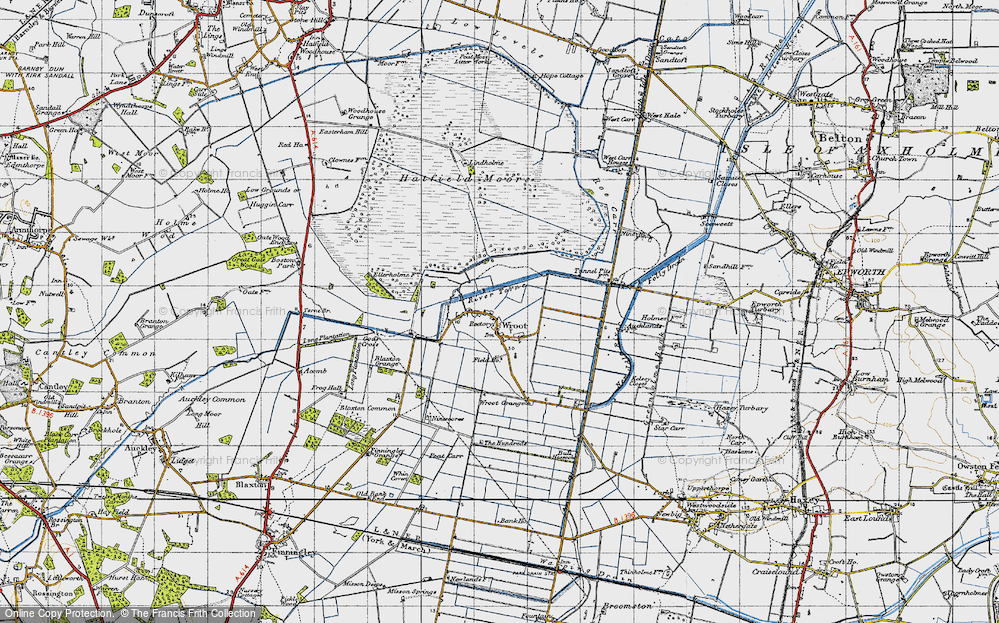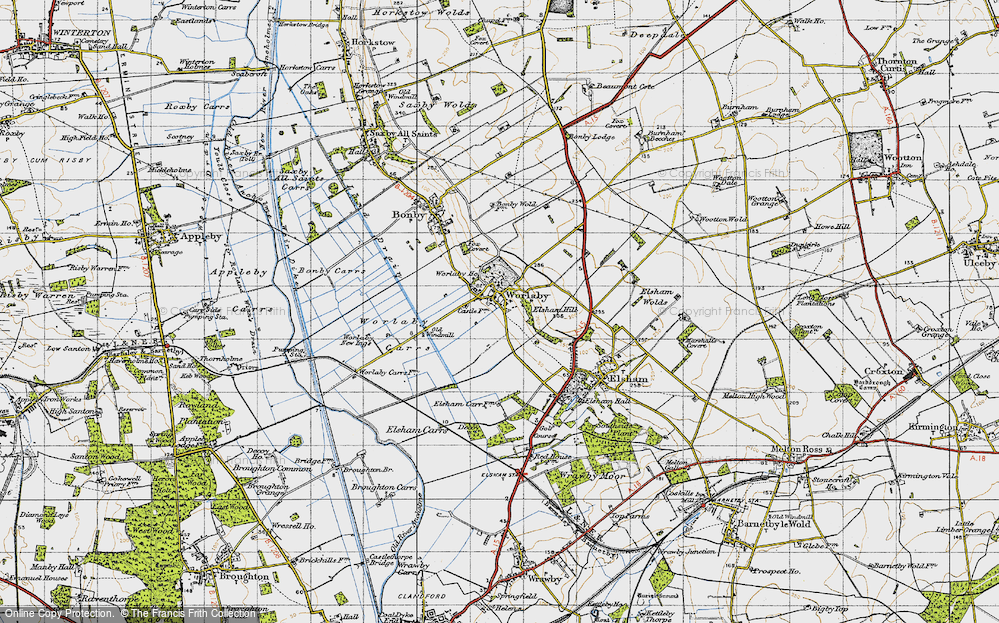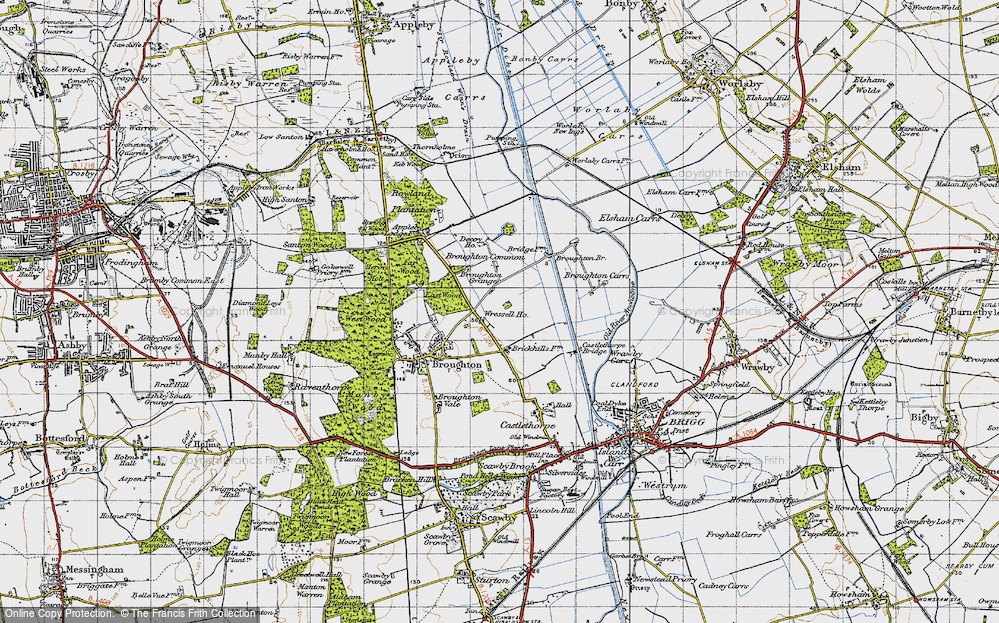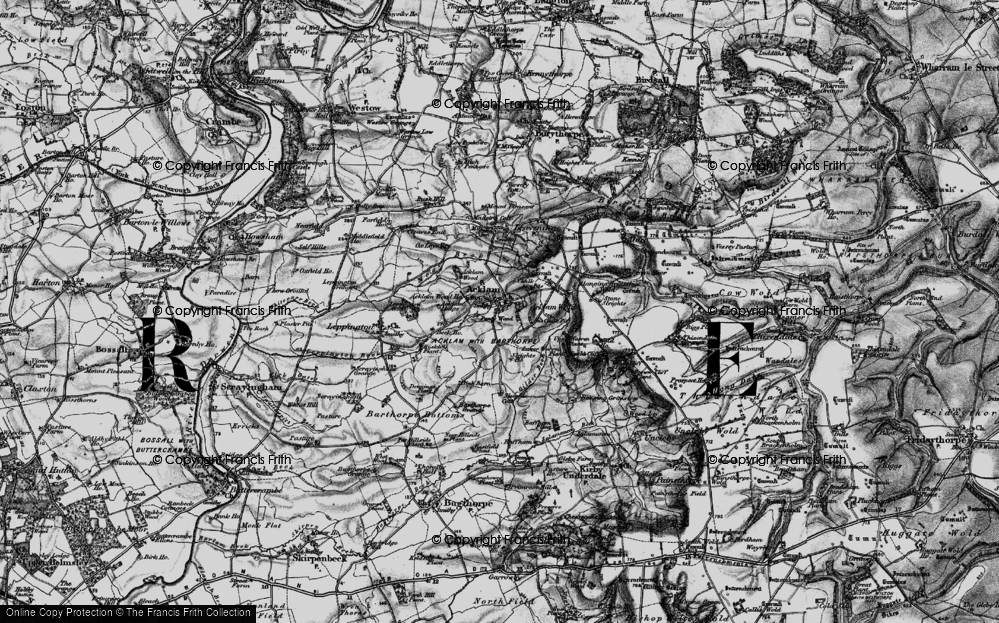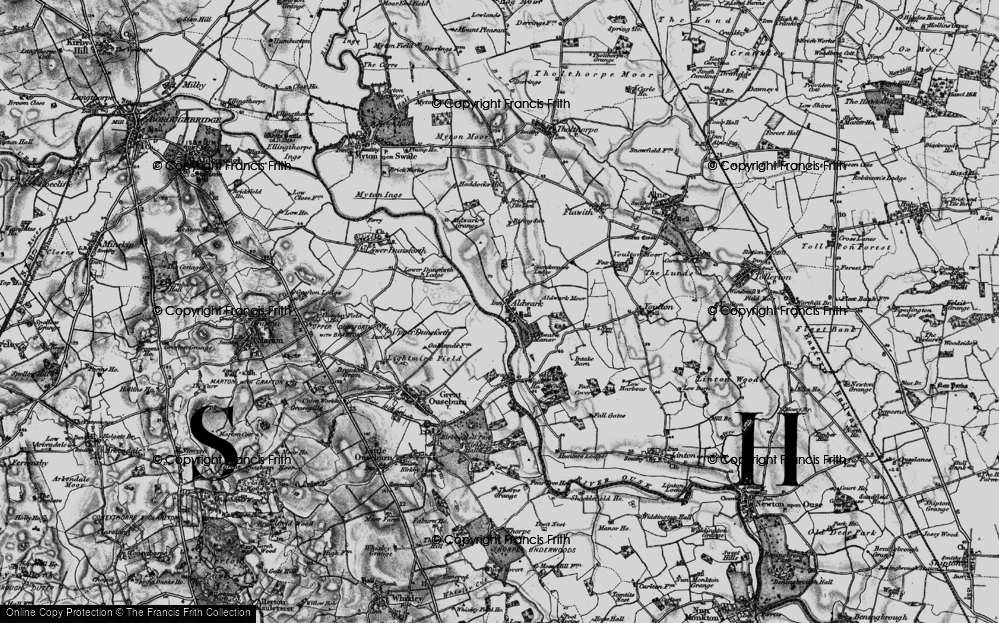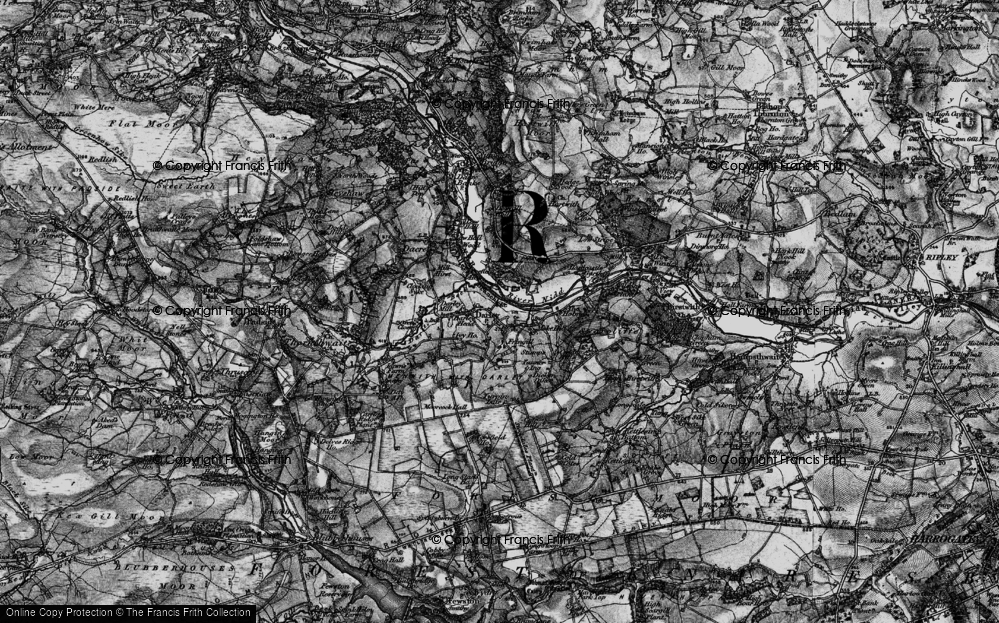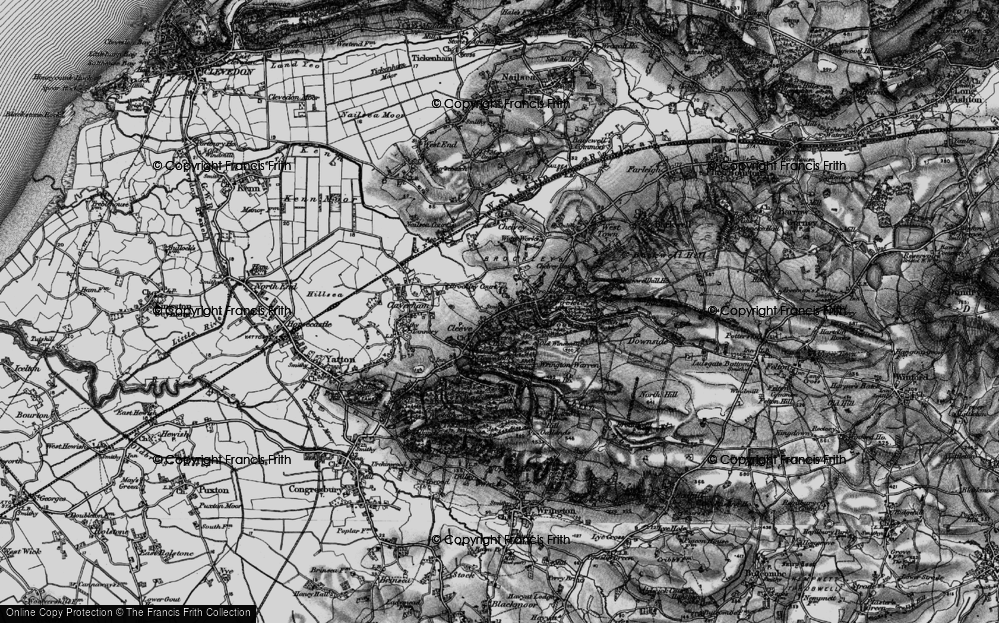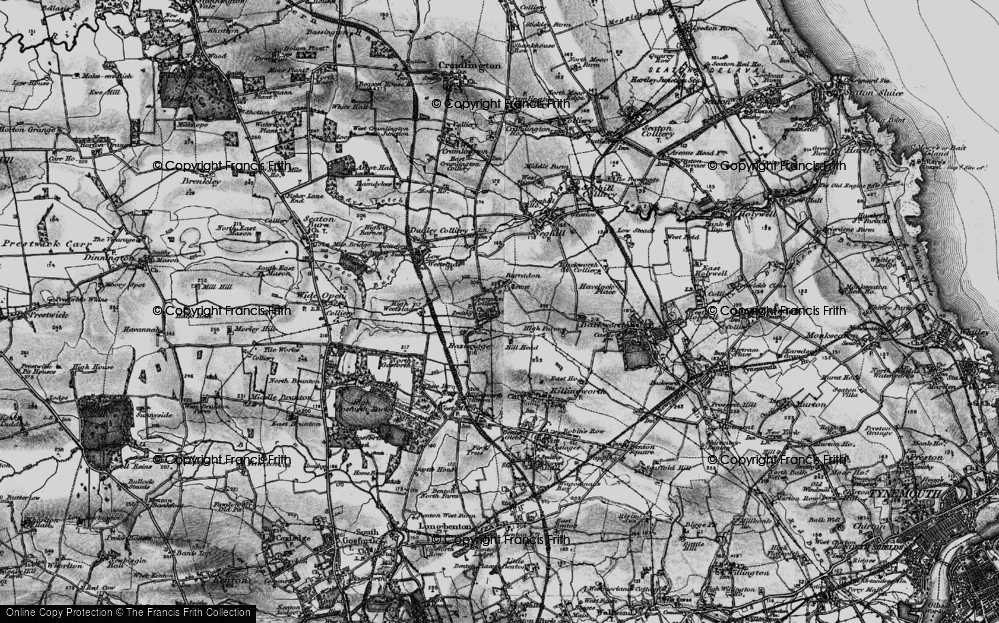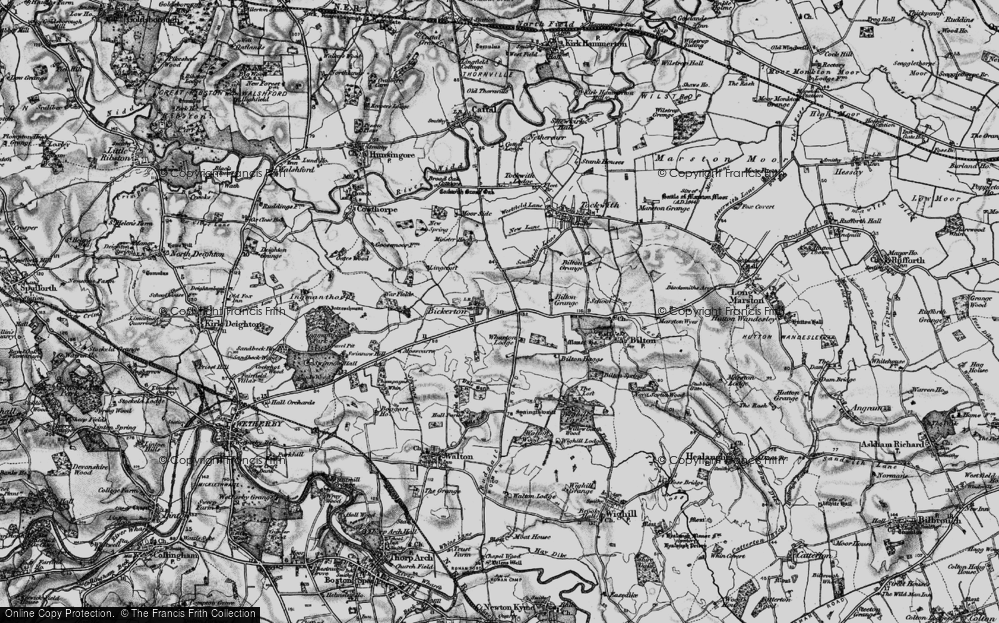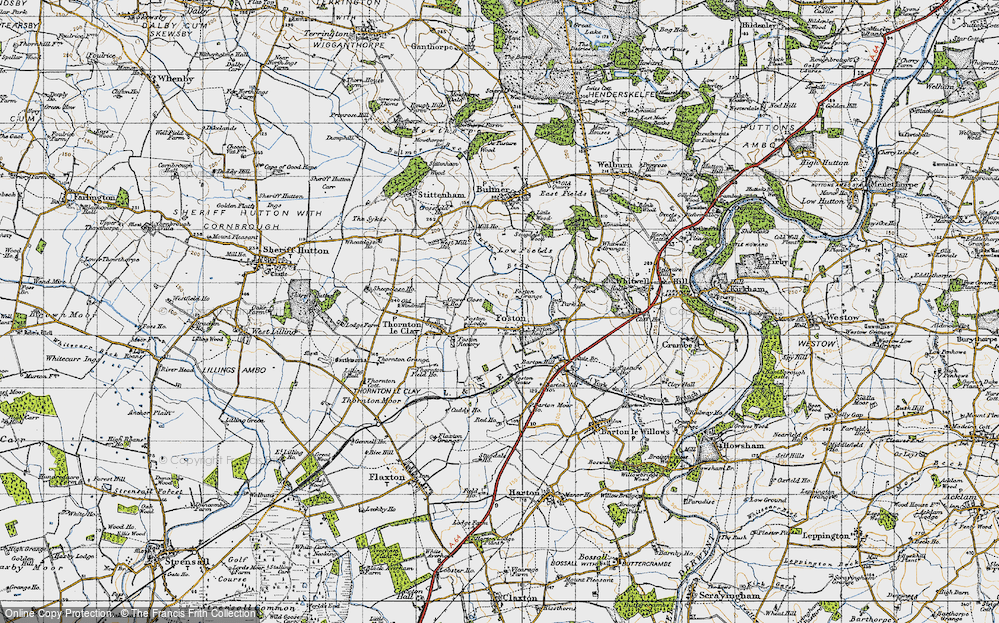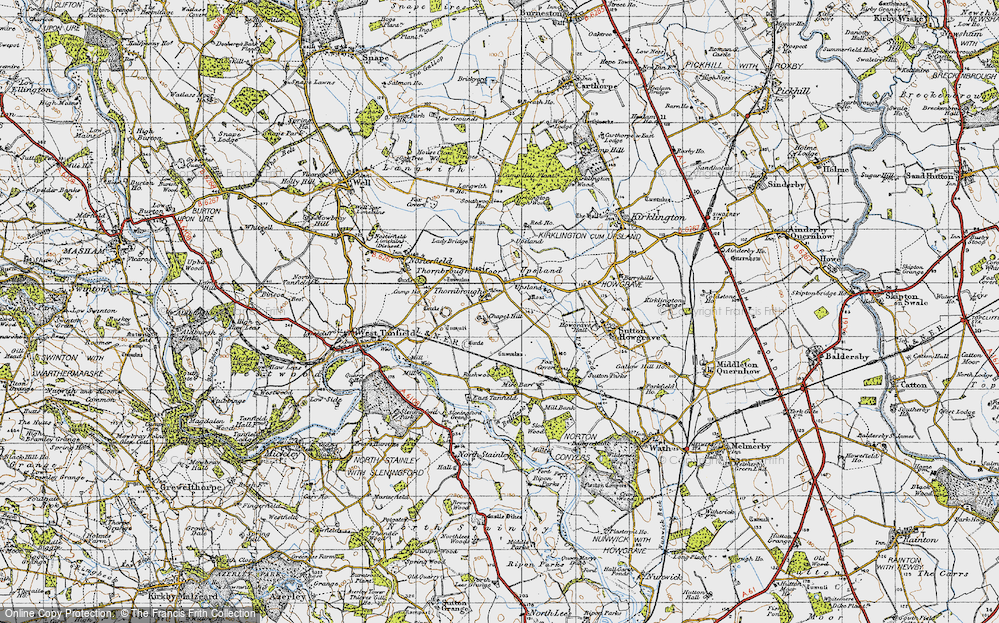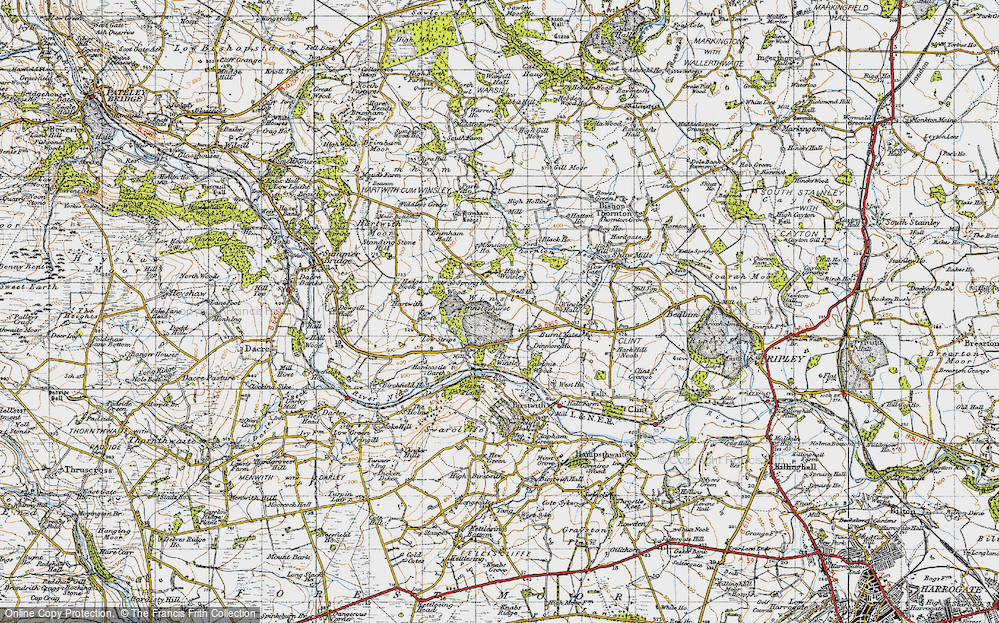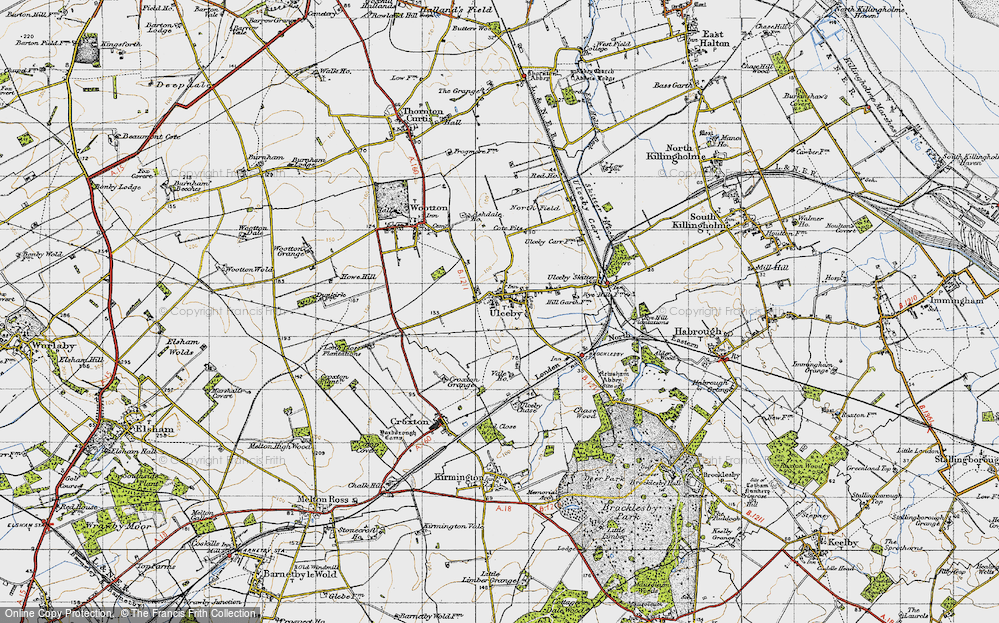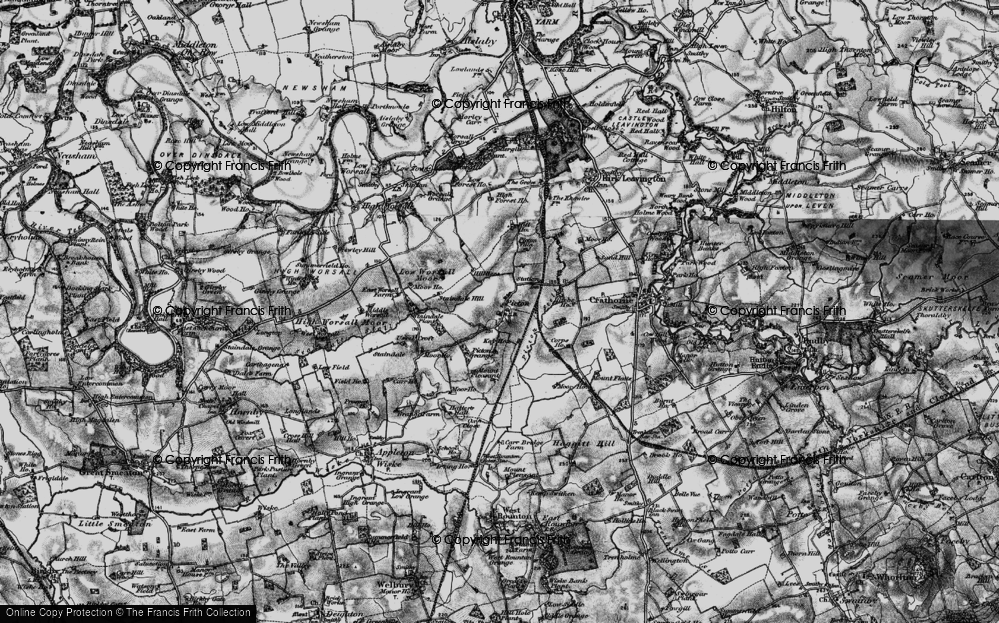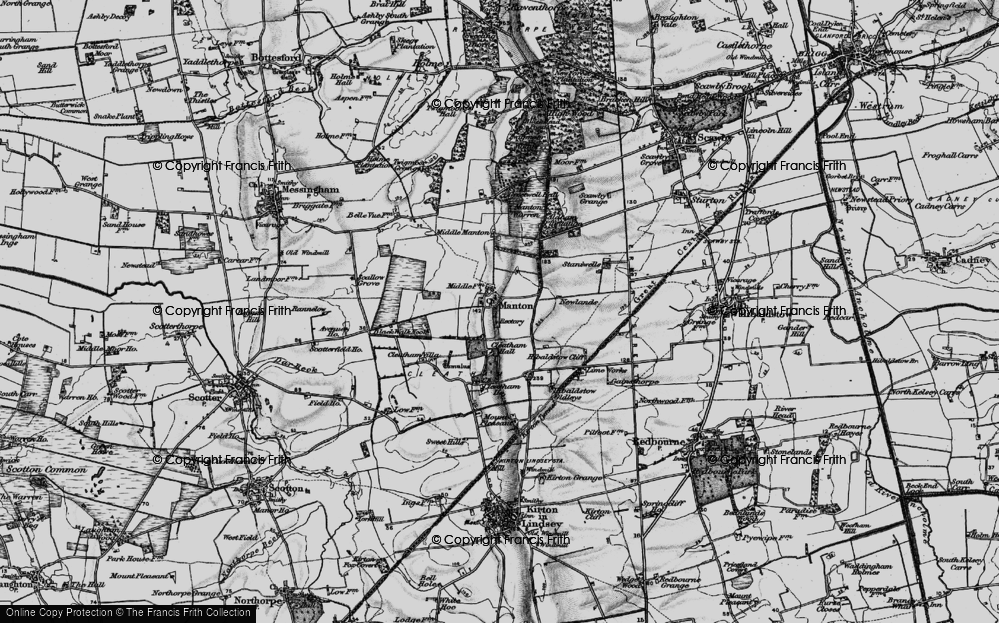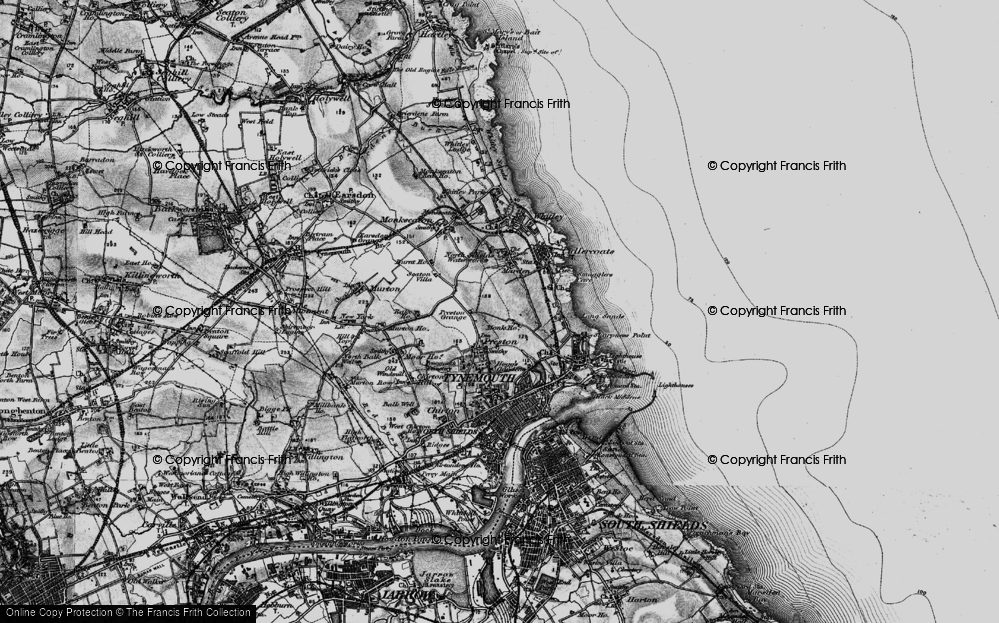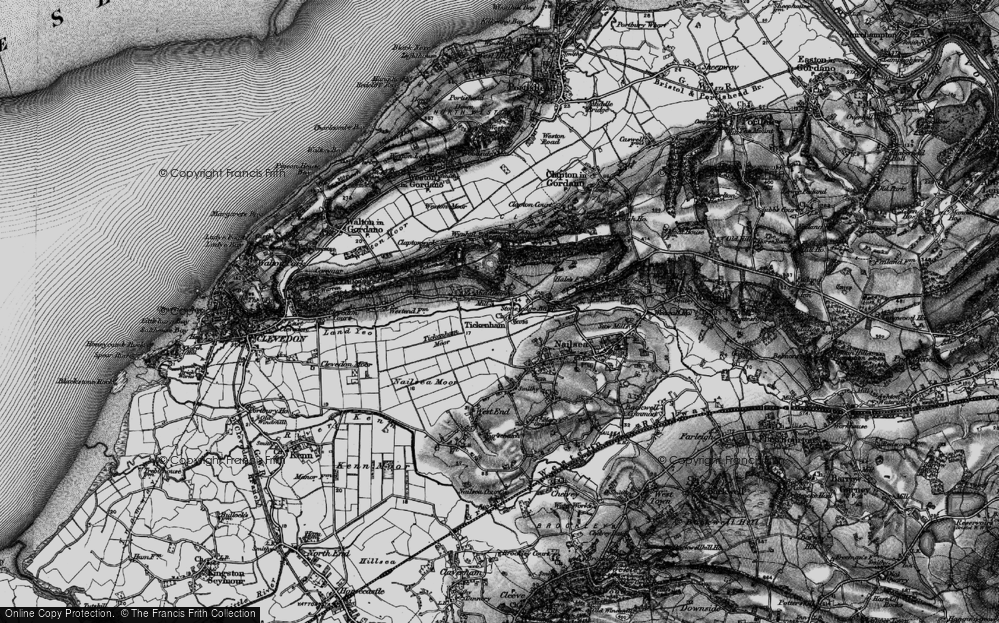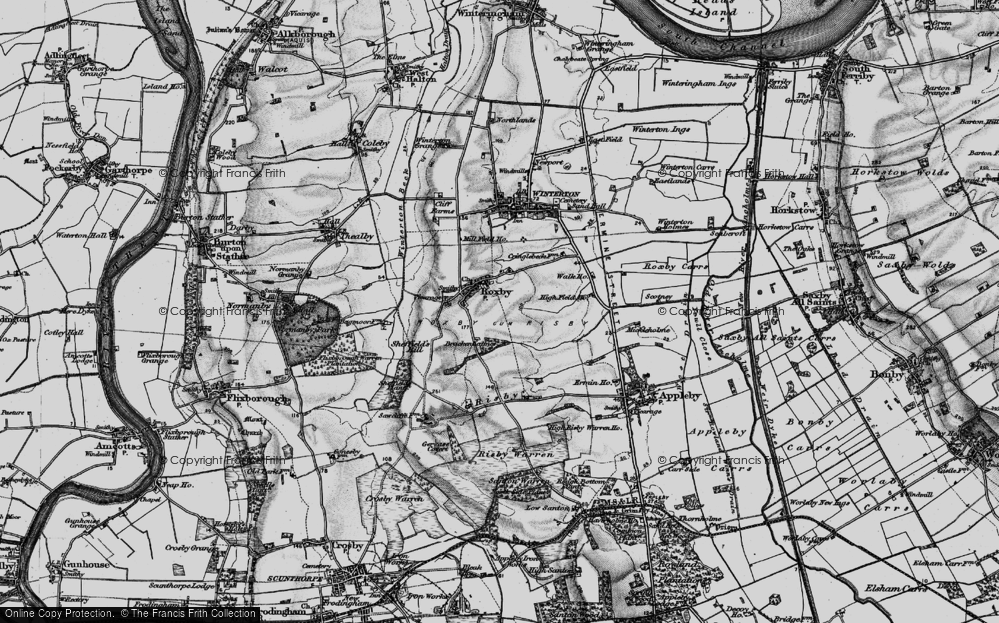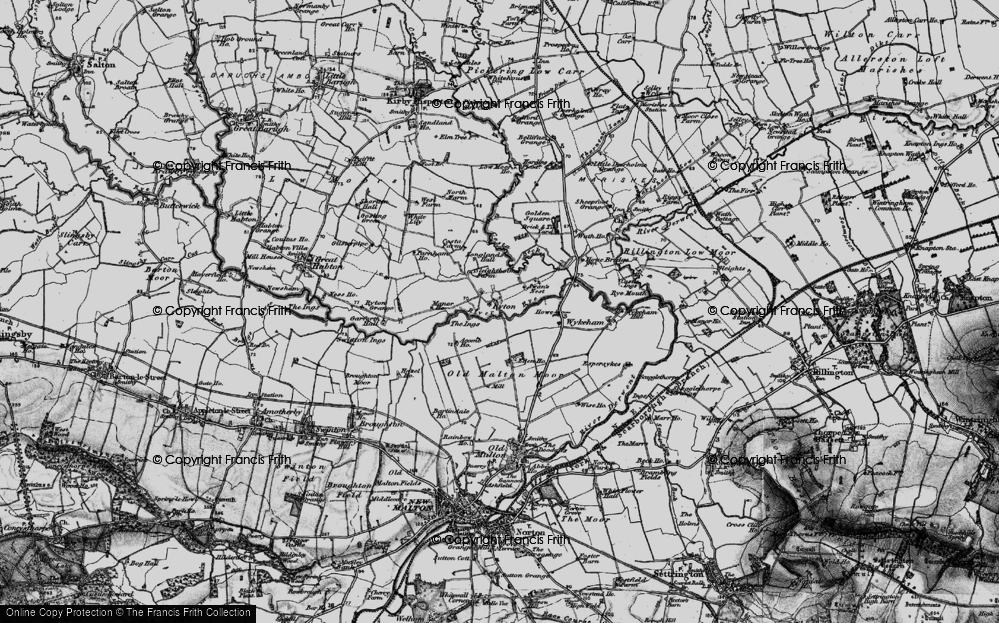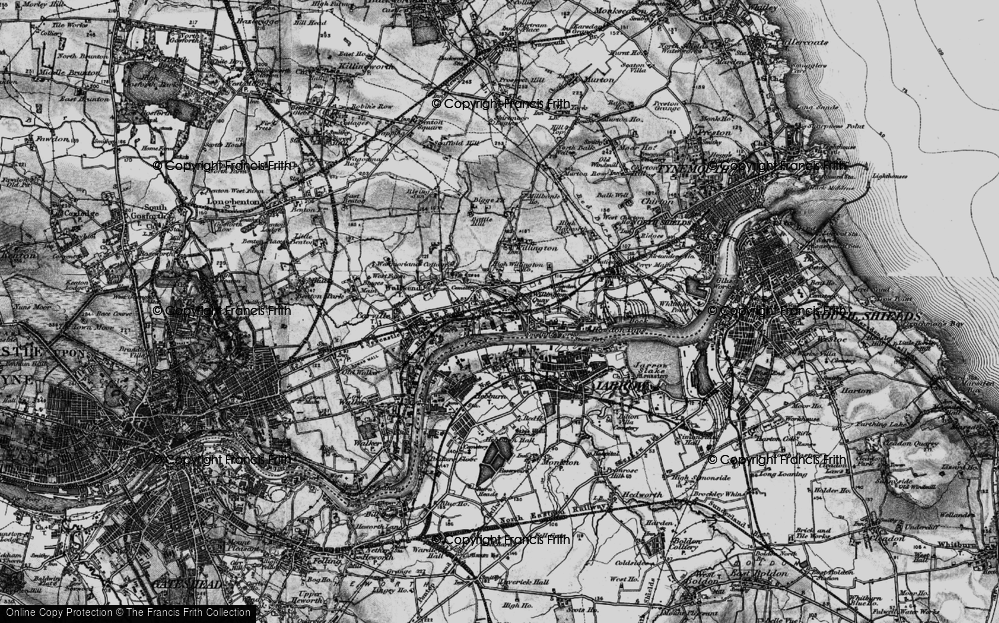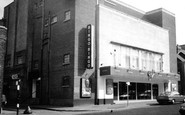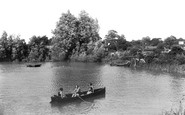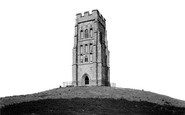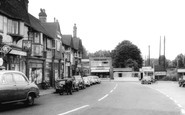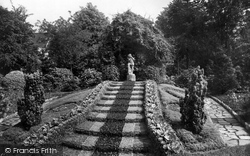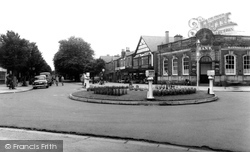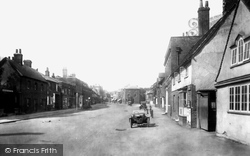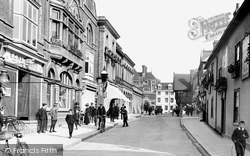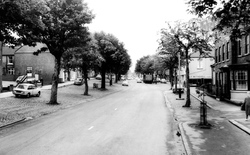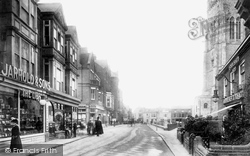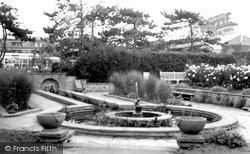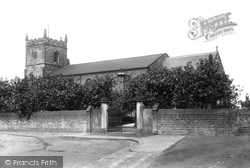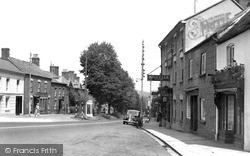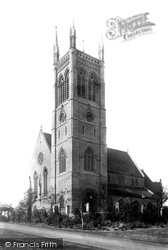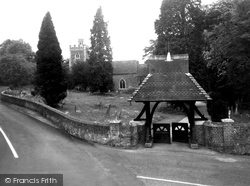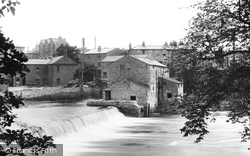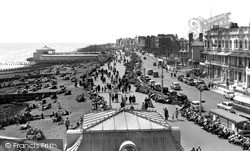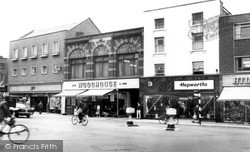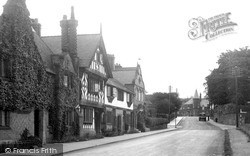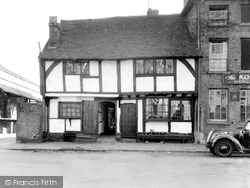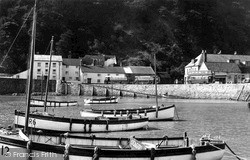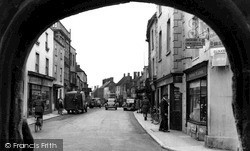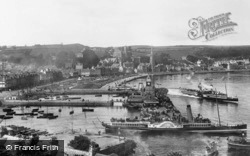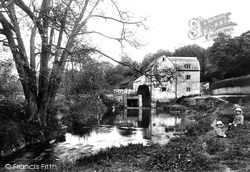Places
Sorry, no places were found that related to your search.
Did you mean: north ness or na h ness or nook ness ?
Photos
12 photos found. Showing results 1,321 to 12.
Maps
9,582 maps found.
Books
30 books found. Showing results 1,585 to 1,608.
Memories
4,597 memories found. Showing results 661 to 670.
Brushing Off Even More Cobwebs.
In a previous memory of mine I mentioned that the village of Upper Boddington was without mains water in the late 1940’s and early 1950’s . I lived in the School House with my parents, Pat and George Bishop. My ...Read more
A memory of Upper Boddington by
Mitcham
I lived in Manor Road in the late fifties and then Lymington Close until the end of the sixties, it was a great place to live then. We played on Mitcham common going to the seven island ponds on our bicycles and the old gun site. Mr ...Read more
A memory of Norbury
Lots Of Films
I started working at the Plaza just after I left school as rewind boy, later becoming a projectionist, where I stayed till national service. I showed the films at the camp cinema in the evenings in my last 15 months. Demobbed, I ...Read more
A memory of Gillingham by
Bramcote Hospital
I was there in 1982 or 83 (can't remember that clearly) for maybe 6 months. I was 8. I have similar memories to other commenters of the people who stood out there. There was a school on site. The P.E. teacher, made us ...Read more
A memory of Bramcote
I Was A Bexley Tech Girl, 1950 54
My name at school was Yvonne Reynolds and I was in the JDSX-SDX stream. Thank you everyone for your memories. I'm pleased to see that there some writing who are about my age now [b.1937]. My first year was ...Read more
A memory of Bexleyheath by
Ashtead Swimming Pool
My Grandfather Henry Weller ran his rose nursery here and brought up his eight children. As a young boy in the 1940’s I used to go and fish in the lake and play in the brickworks behind the house. The path leading to the house I ...Read more
A memory of Ashtead by
My Time Living In Old Langho.
I moved to Old Langho in I think in 1954, I was an orphan I went to live with Mr and Mrs Pye. We lived at number 42 Larkhill, Mr and Mrs Pye where nurses at Brockhall hospital. There is a bit of a field between the ...Read more
A memory of Old Langho by
On The Tor
Somewhere I have a picture of a group of friends & myself here. taken in the early '70's. It was a peaceful place then, & you could walk up & not see a soul, apart from the occasional local walking their dogs. On a good ...Read more
A memory of Glastonbury by
The Green Room Kittens!
My Mum and Dad used to take my sister and I to ‘The Green Room’ tea shop too, usually on a Saturday morning. We used to enjoy a large homemade shortbread biscuit! I remember the animal charity box at the door too, it was of ...Read more
A memory of West Byfleet by
V2 Missile Strike At Braughing During Ww2
My great friend Mr Vernon Blyth passed away in 2017 (Vernon Frederick Raymond Blyth 15/02/28- 31/01/17). In the year prior to Vernon’s death, I made a short video with him. In this he relates being ...Read more
A memory of Braughing by
Captions
1,673 captions found. Showing results 1,585 to 1,608.
Another recreation ground available to Rugbeians was the Whitehall Recreation Ground on Hillmorton Road, which housed a 28-ton, armoured First World War tank presented to the town in 1919,
Many of the shops on both right and left had only recently been, or were yet to be, converted from private dwelling houses.
Inns and beer houses served the needs of travellers and waggon drivers - the Chequers stands on the left and the George and Dragon faces us in the distance.
Here we see King Street before the Post Office moved to the High Street in 1919.
On the extreme right is Kemplah House, a private preparatory school run by Miss MacDonald and originally the residence of Mr Clarke.
She led an army of charioteers to sack Colchester, London and St Albans before heading north through Milton Keynes city area along the high streets of Fenny and Stony Stratford.
By the time of this photograph Cromer had experienced a continuing building boom, which included new premises for fashionable stores such as Jarrold & Sons (left), who are still flourishing both in Cromer
The Corporation's policy of providing a sufficient number of public parks and recreation grounds for both residents and visitors was actively pursued during this period of expansion.
'Church' is a Northumbrian word and 'Kirk' is Mercian; both words mean 'a place of worship'.
During the Civil War, Newnham, like many Royalist garrisons surrounding Gloucester, was on the receiving end of a raid mounted by Colonel Edward Massey's forces.
It became the gatehouse to the palace of the Archbishop of Canterbury during the 14th century. It is now used as the tourist information centre.
Victorian iron screens are on the west, north and south of the chancel.
supplied 500 police batons; later it became Oxley's Mineral Water factory, and in 1943 even produced Coca Cola for American troops stationed nearby; during the war German prisoners were quartered here, and another
This caused the Sardinian Chapel to be moved several hundred yards north.
By 1937 the town was being promoted as both a summer and winter resort, and hotels now occupied much of the sea front and the area behind it.
In the 1920s the future looked very bright for Loughborough, but the Depression of the 1930s came as a cruel blow to the town.
Not to be outdone by old Joseph Hirst, he too built a church and another school, and added the post office, the village club and a range of fine houses throughout the village.
Encouraged by the changing political scene at both national and local levels, especially after the extension of the vote in 1918 and the rise of the Labour Party, Carlisle council found itself
Pigot and Co's National Commercial Directory, published in 1830, gives an interesting snapshot of the town just before its rapid decline (the building of the Great Western Railway killed both the
The latter specialised in excursions and, between the First World War and the 1960s, up to 44 coaches a day left Minehead with up to 1,400 passengers for trips to the surrounding countryside.
The road at this junction has traffic going in both directions, unlike today, when as part of the High Street one-way system the traffic now flows towards the market cross.
As one paddler loads, another leaves.
lost each year that the Abot of Furness Abbey petitioned King Edward II for monies and a coroner of his own to cope with the situation; he stated that sixteen lives had been lost at one time, and on another
To our left is the entrance to the Old London Road, which leads to Mickleham, one of Dorking’s neighbouring parishes. The village boasts many grand buildings.
Places (0)
Photos (12)
Memories (4597)
Books (30)
Maps (9582)


